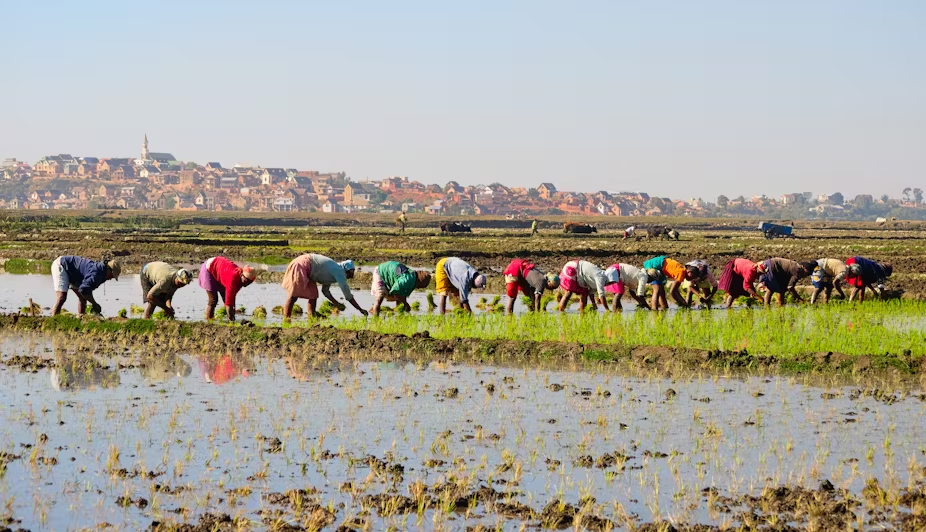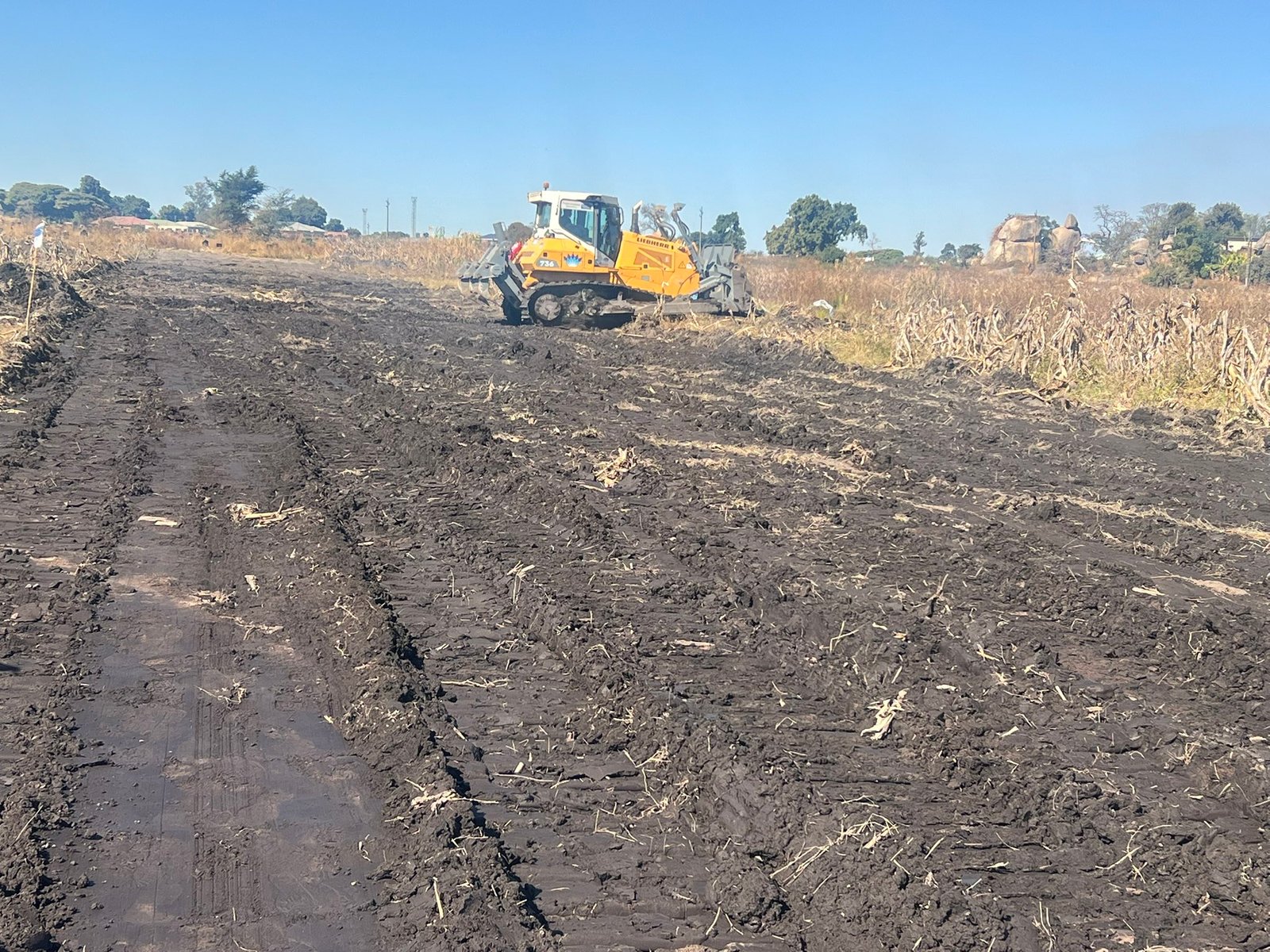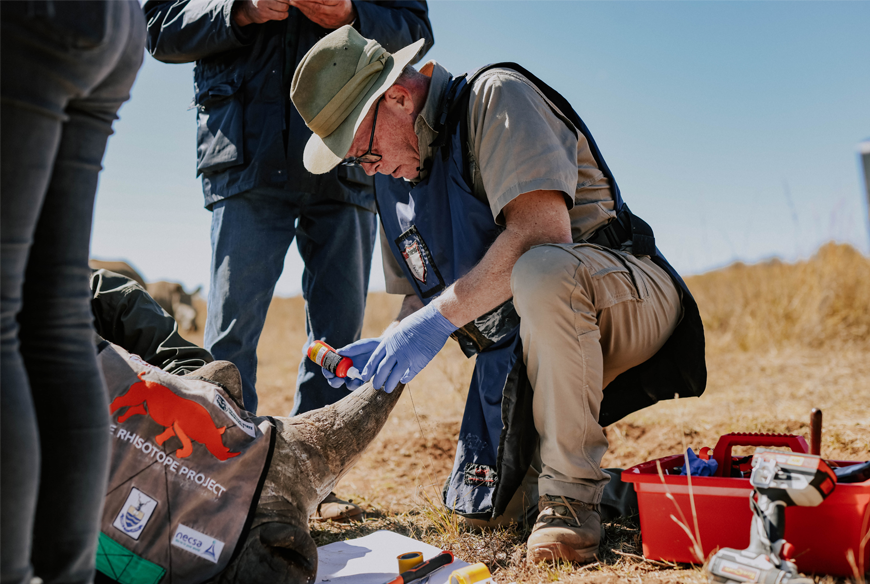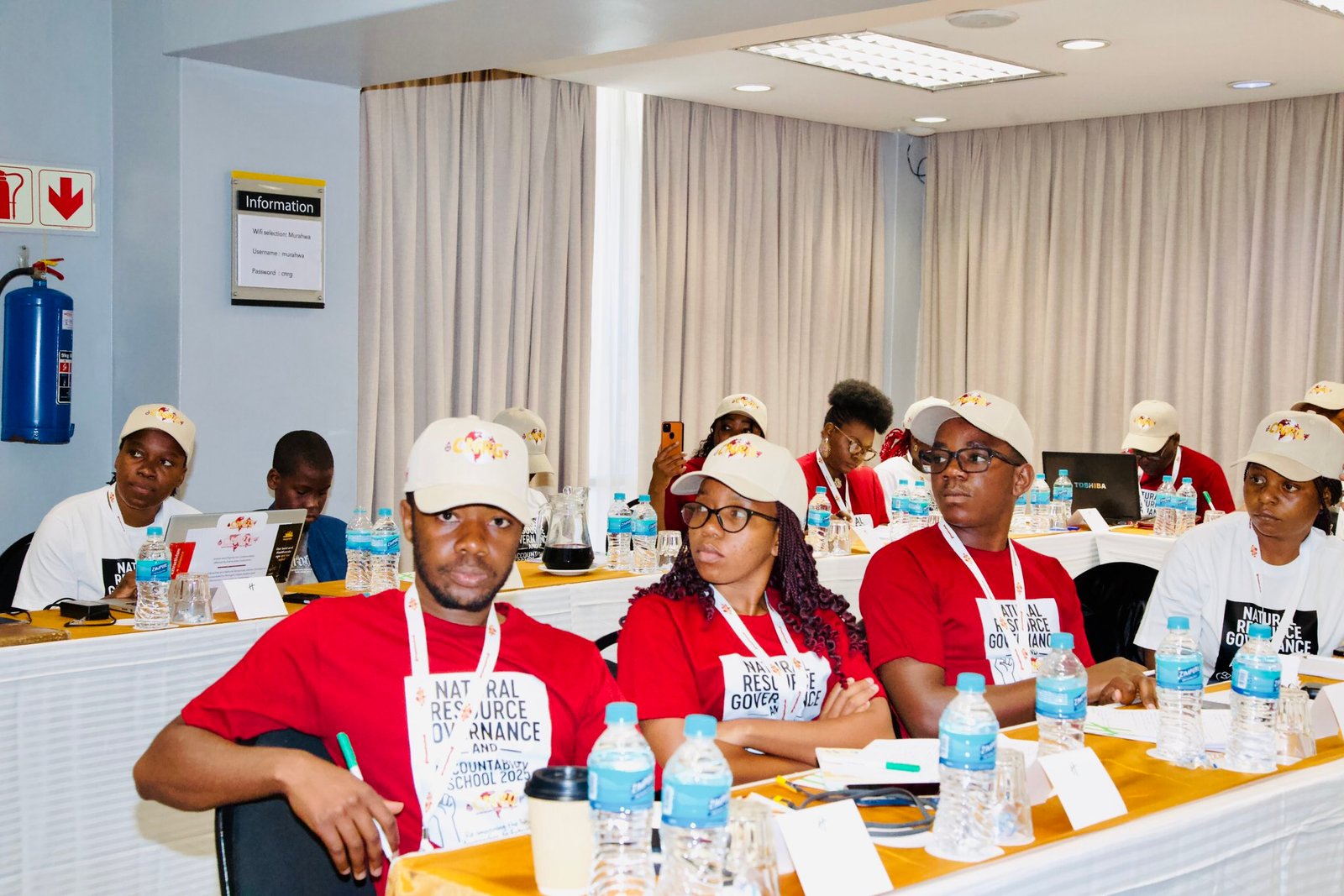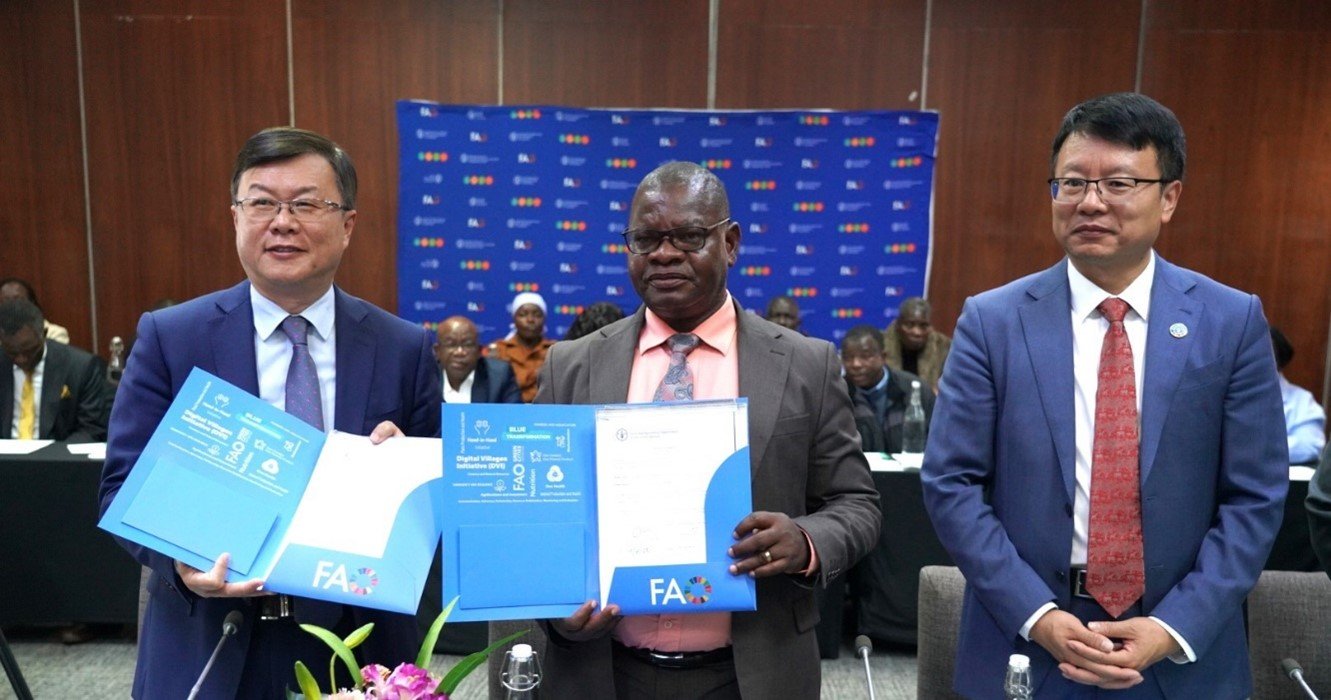Africa is facing an alarming rate of wetland degradation, with losses that may surpass the global average of 35% since 1970, warns Dr Julie Mulonga, Director of Wetlands International East Africa.
She warned of widespread environmental and economic consequences unless urgent action is taken to restore and protect the continent’s rapidly disappearing wetlands.
Ahead of the 15th Ramsar Convention of the Parties (COP15) in Zimbabwe, Dr Mulonga highlighted that wetlands in Africa are particularly vulnerable due to their critical role in supporting livelihoods, including fisheries and water supply.
“The urgency is extremely high. In Africa, the rate of wetland loss could be even higher than the global figure.”
“Many people depend directly on these ecosystems, yet they continue to be cleared for development projects such as agriculture and dams,” she said.
She noted that wetlands are often misclassified as wastelands, making them more susceptible to destruction, while inadequate policy recognition and integration into national planning and accounting frameworks continue to hinder conservation efforts.
“Wetlands are not adequately embedded in policy or planning systems. They are largely excluded from natural capital accounting, and their economic value remains underestimated.”
The 2025 Global Wetland Outlook, published this week, highlights mounting development pressures and chronic underfunding as key drivers behind the accelerating degradation of wetlands.
The report sets out four main strategies to reverse the damage: embedding wetlands into national policy and economic planning, adopting nature-based approaches to land and water management, boosting financial investment, and fostering inclusive partnerships across public, private, and community sectors.
“Restoration is possible, but it requires bold decisions, innovative financing tools such as resilience bonds and blended finance, and active participation from governments, the private sector, and local communities.”
As the world turns its attention to the upcoming COP15 meeting in Victoria Falls, Dr Mulonga underscored the need for decisive action.
“Increased financing and stronger policy commitments must be top of the agenda“The science is clear. The tools are available. What we need now is action,” she said.
The Ramsar COP15 summit will bring together representatives from 173 countries that are party to the global convention on wetlands, a treaty established in 1971 to safeguard these vital ecosystems.

